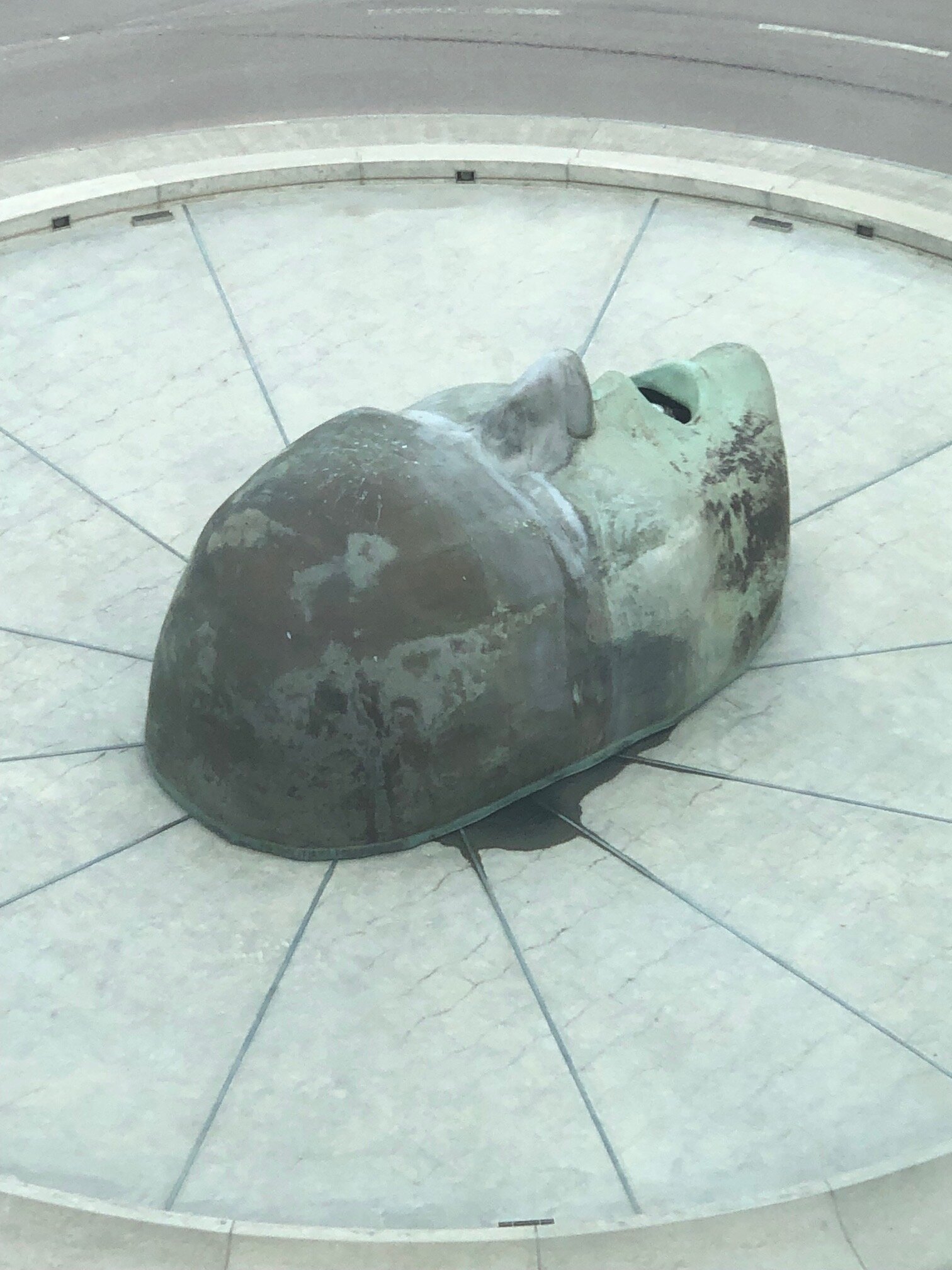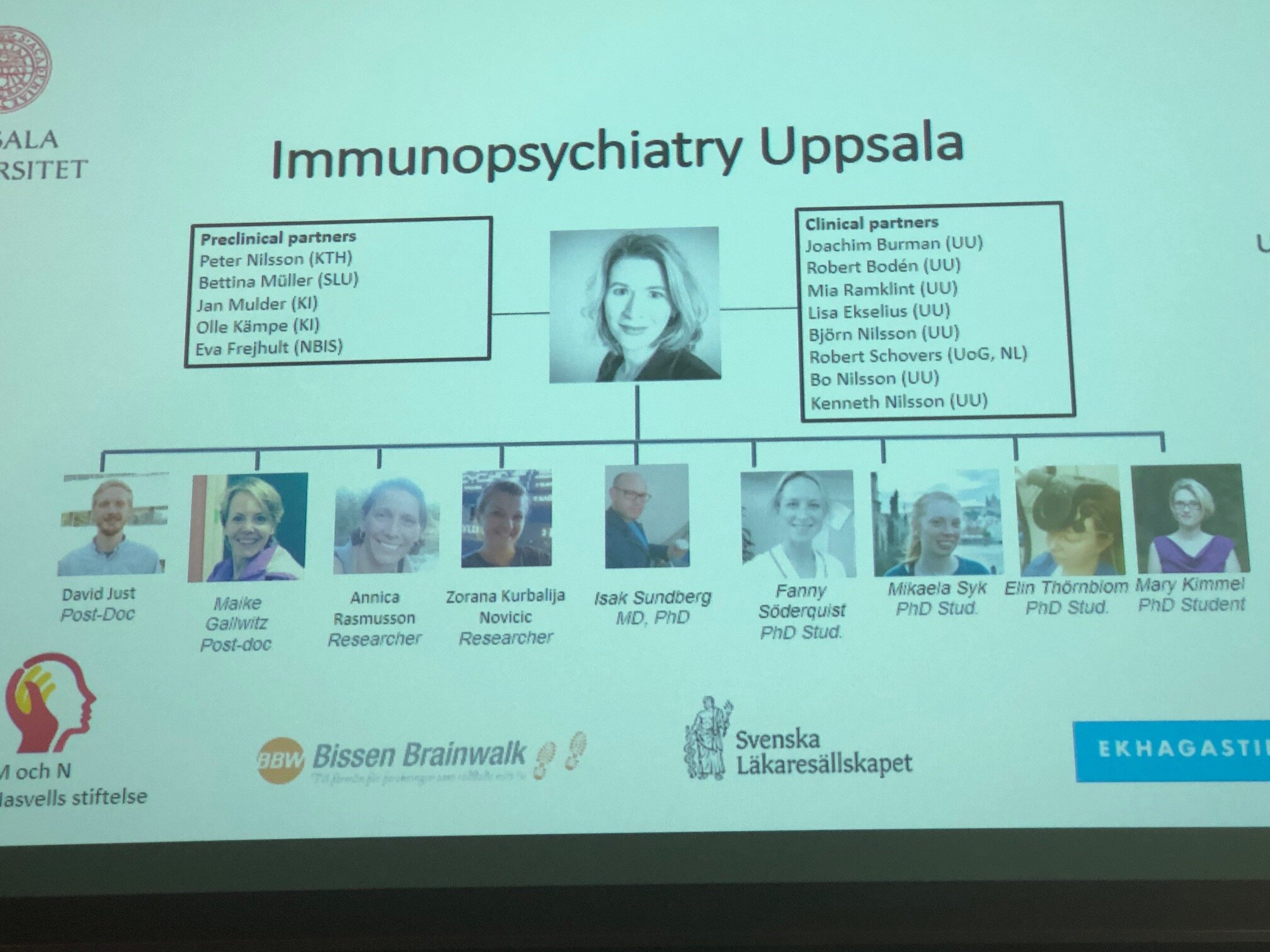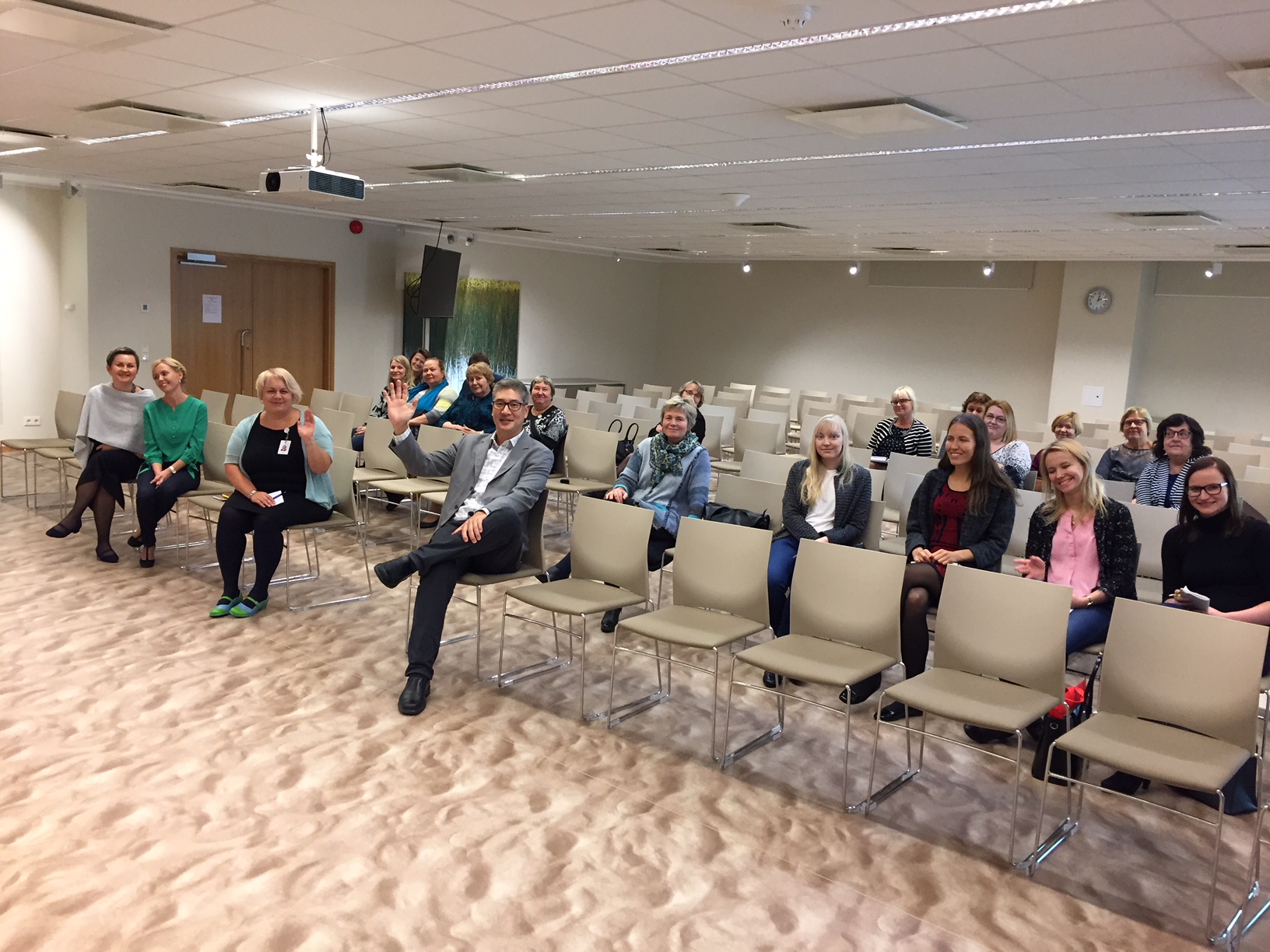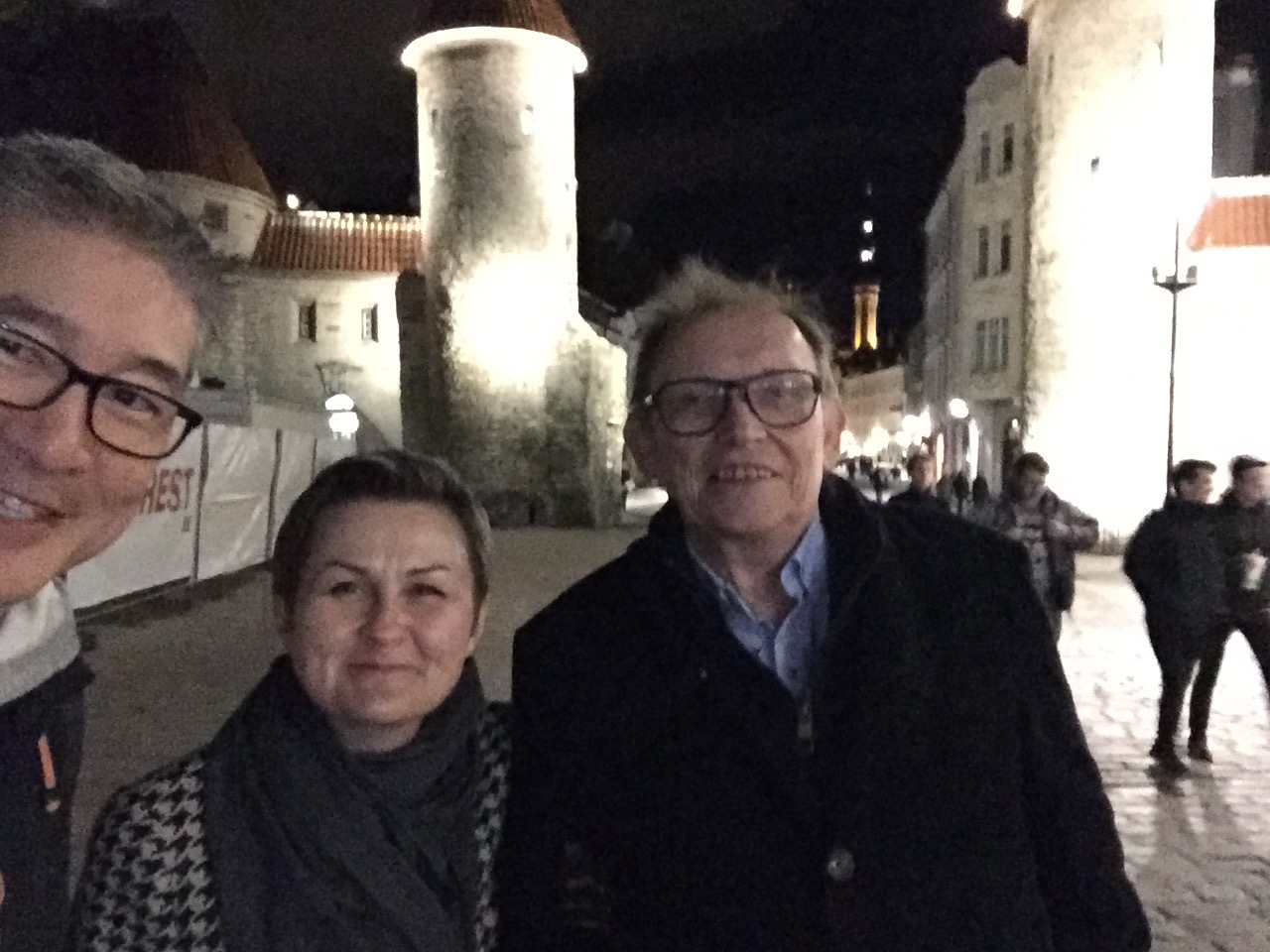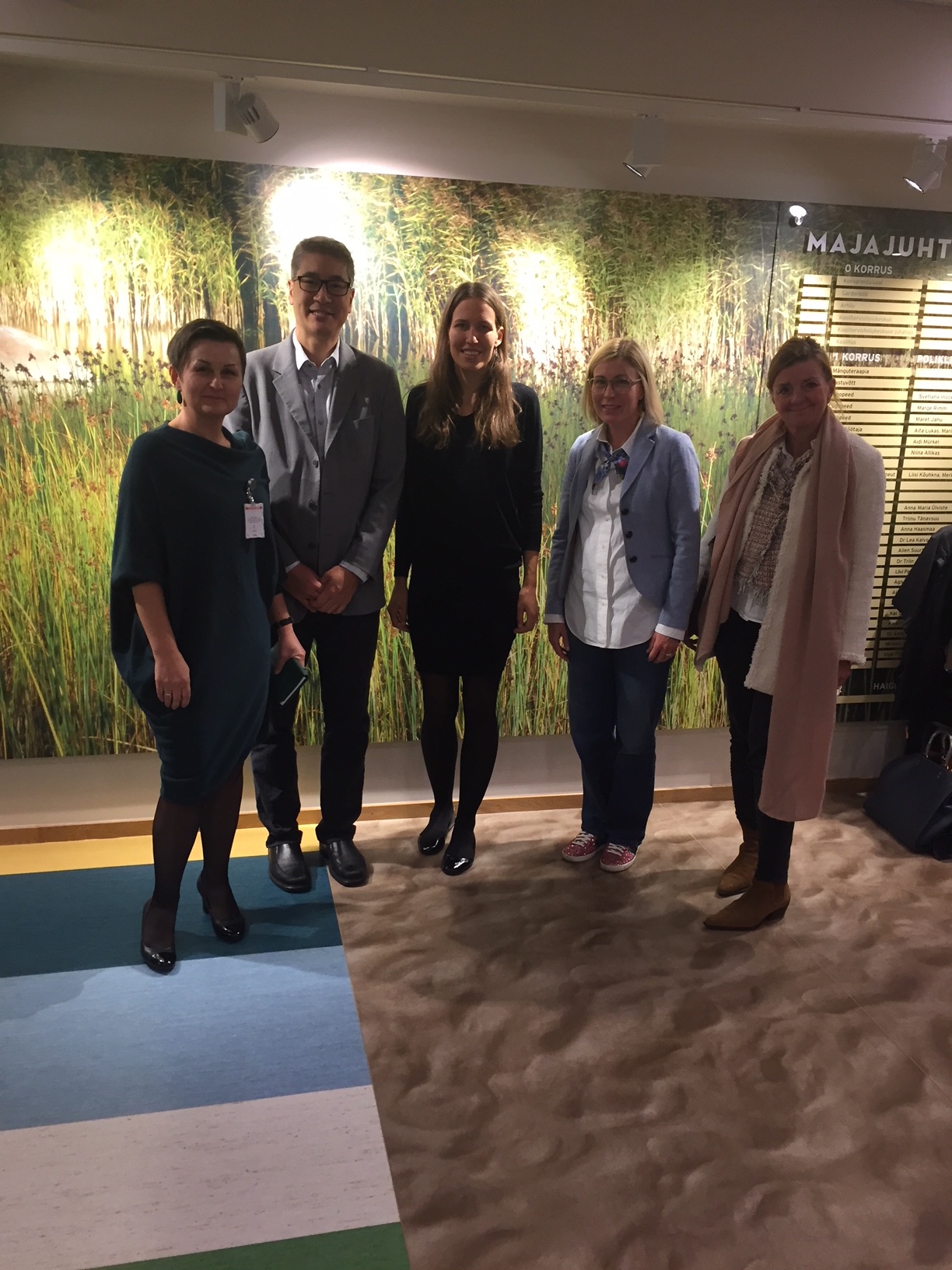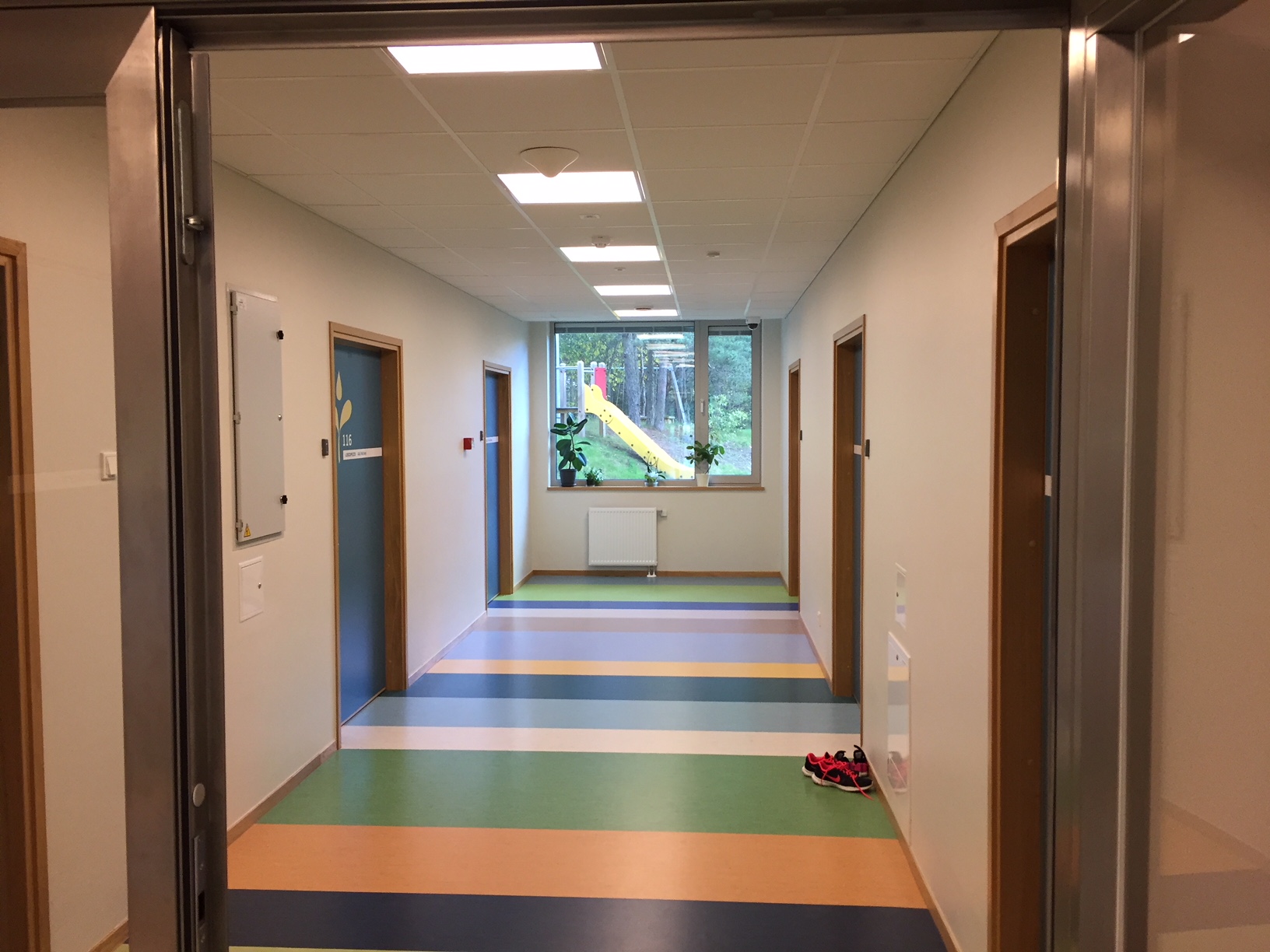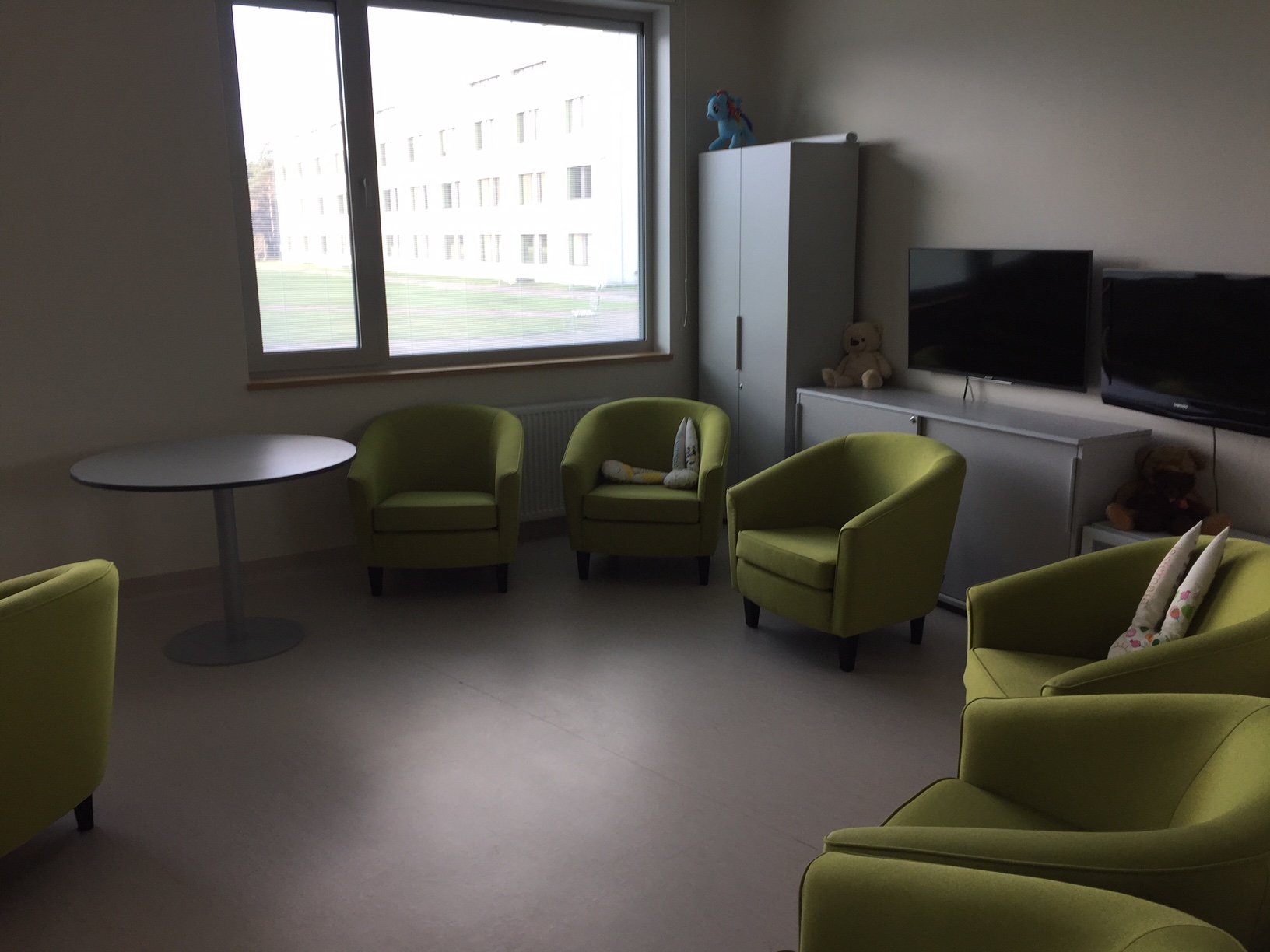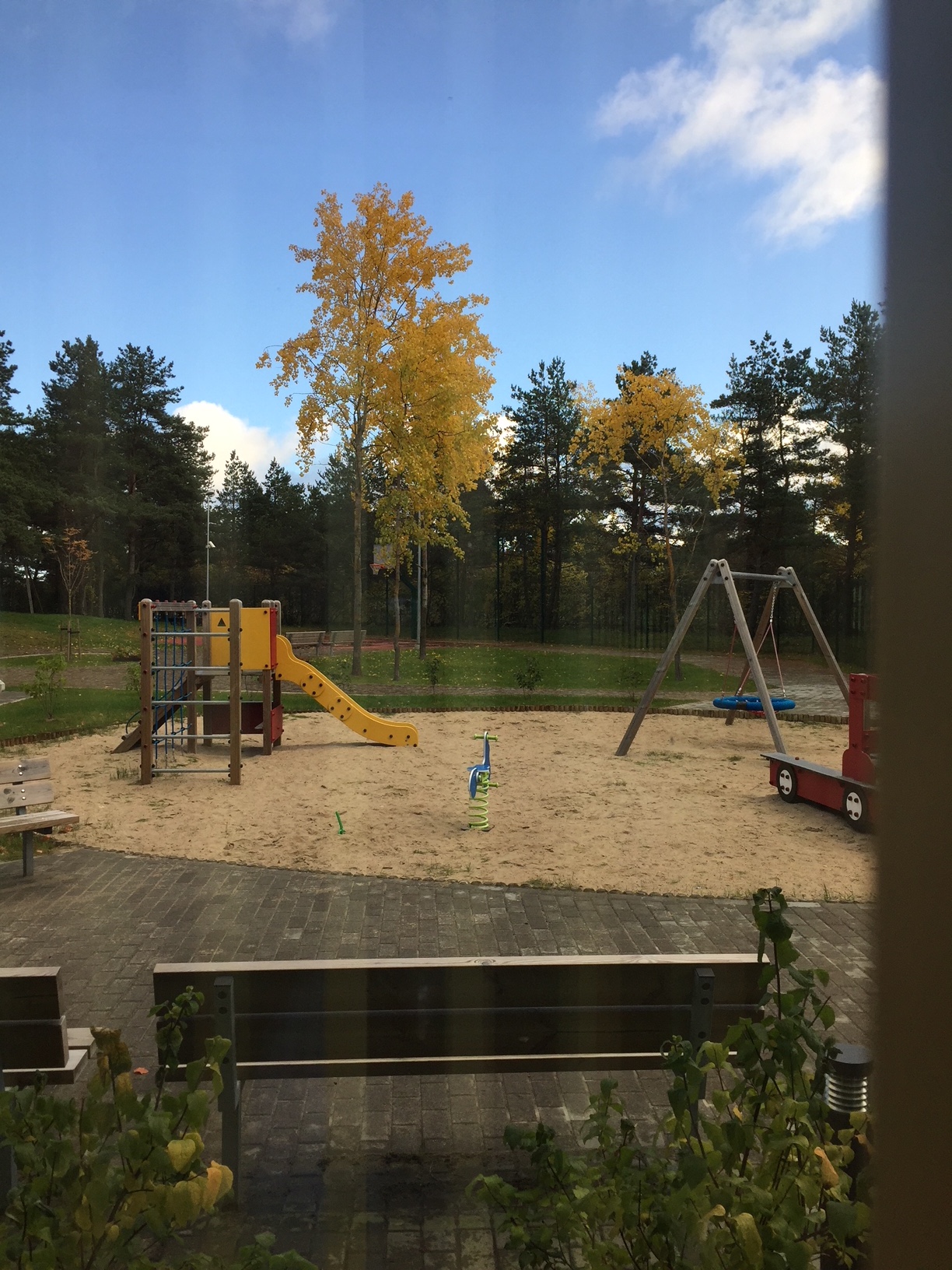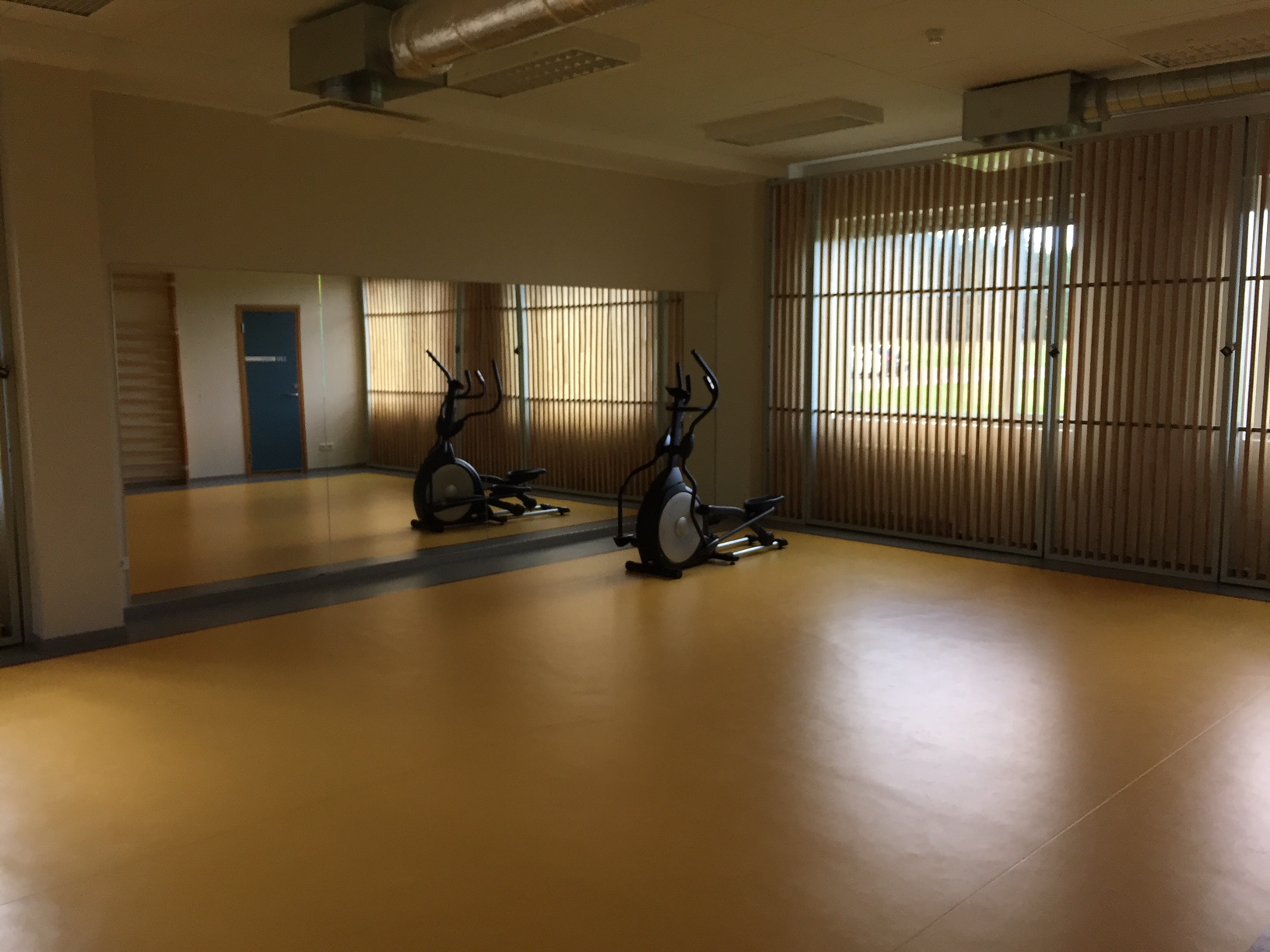Sorry I have not been updating the News area of my website. Something came along in 2020 that derailed me a bit. In fact, that thing, COVID-19, has been deeply related to my core interest of inflammatory neuropsychaiaric disorders in youth. I have sadly seen the both the virus and the vaccine cause PANS flares in my patients. So this is very topical. At least more attention is being paid to postinfectious neuropsychiatric illness. For example, here is some material from my talks this year about COVID and it’s relationship to PANS/PANDAS:
https://www.emergency-live.com/news/long-covid-study-in-neurogastroenterology-and-motility-main-symptoms-are-diarrhoea-and-asthenia/
So basically, there are several ways COVID-19 infection can affect the brain, but the one I am most interested in is prolonged inflammation that directly can lead to neuropsychaitric symptoms, like anxiety, depression, brain fog, and the like. I am hoping that the interest in “Long-COVID” will increase the research into and awareness of inflammatory neuropsychaitric illnesses, so that we can move past ideas in certain areas that PANS/PANDAS does not exist or that it should be treated with standard psychiatric medications and therapies. - this is dangerous information that has been published in different formats and needs to be changed to protect the well being of youth (and adults!) affected by these illnesses. I am working closely with EXPAND and other groups to spread accurate and evidence based information to combat the misinformation I have seen. Stay tuned for more info on this mission!



